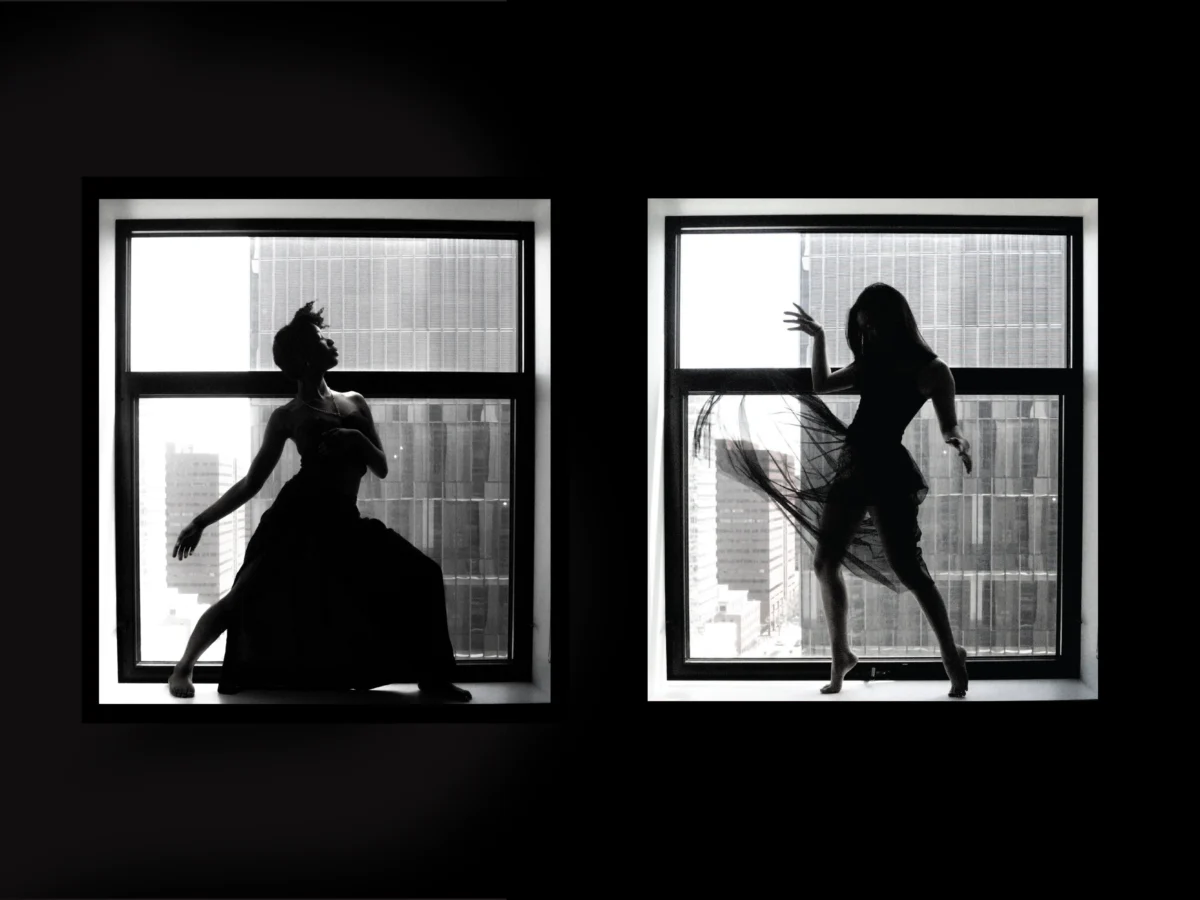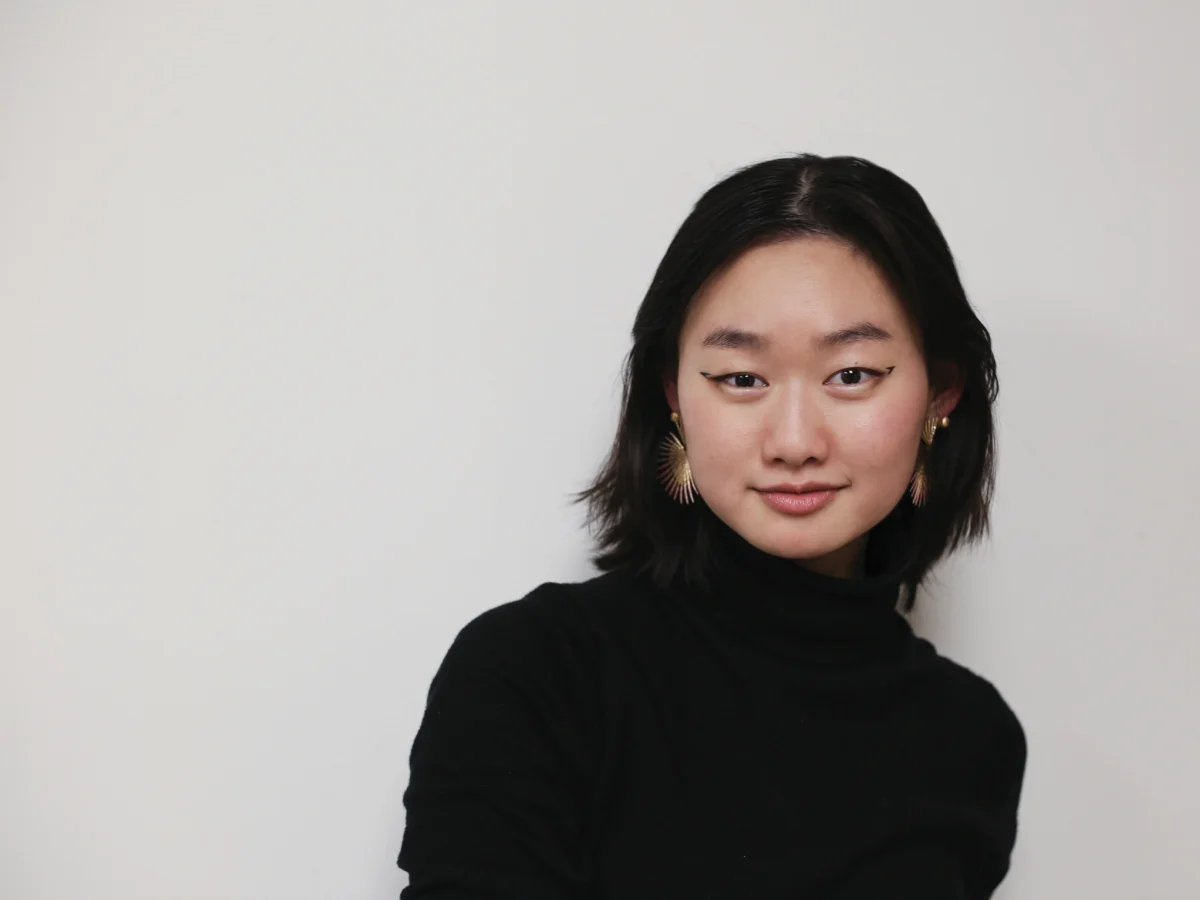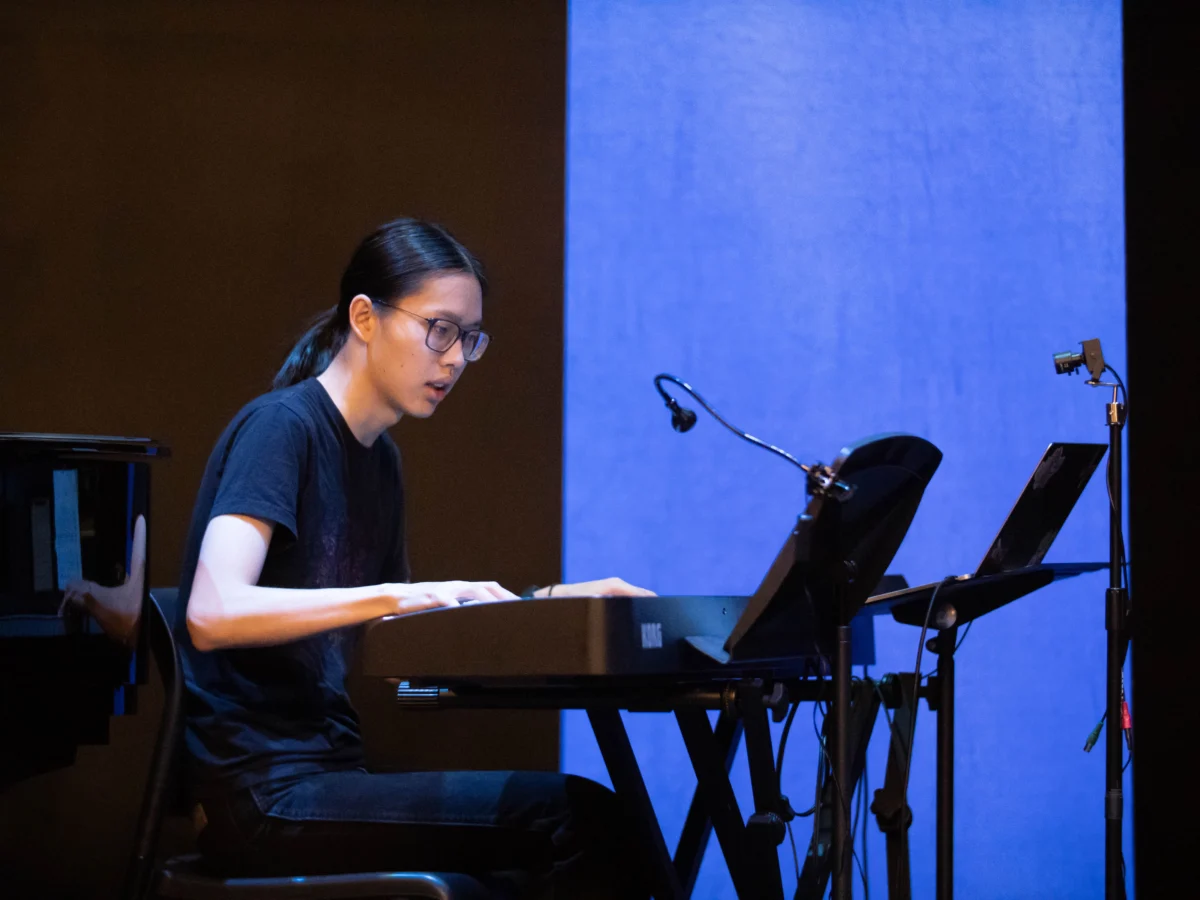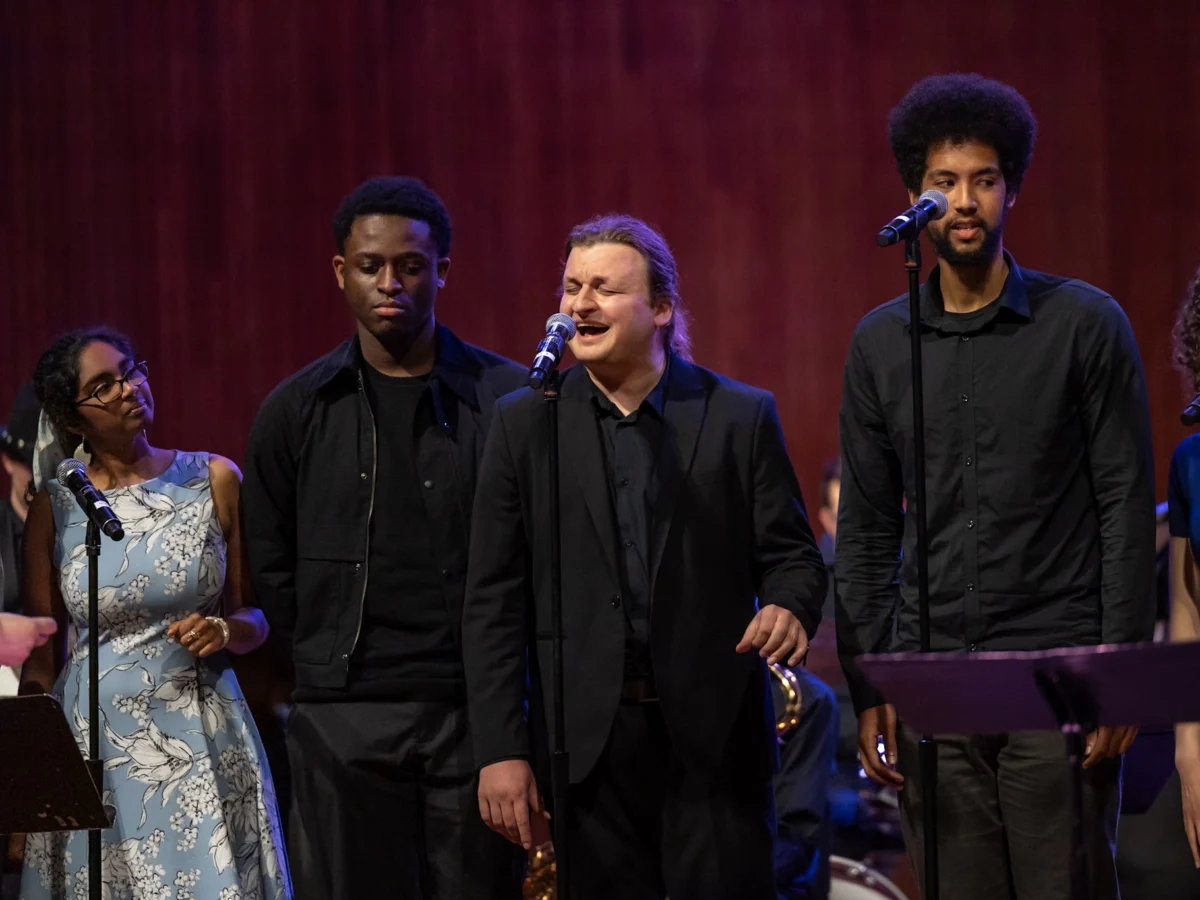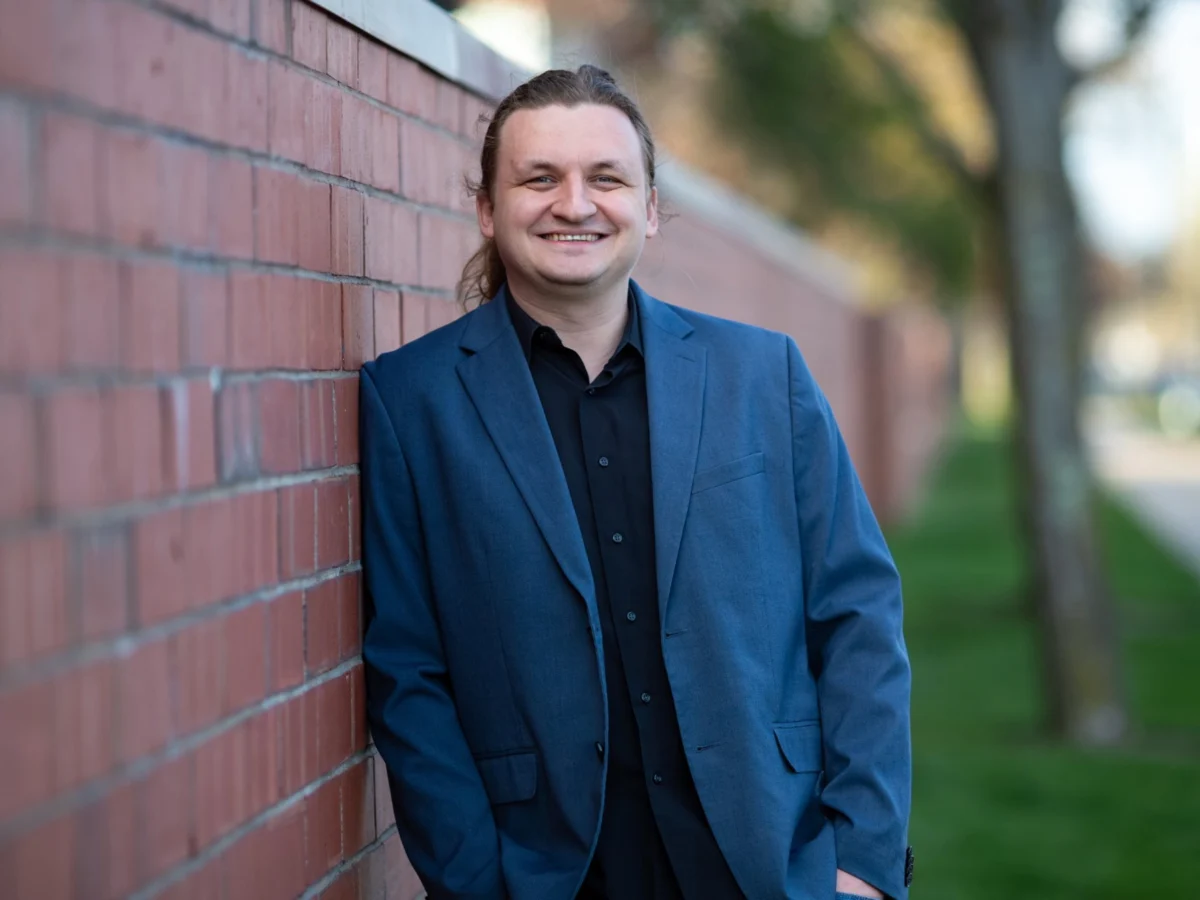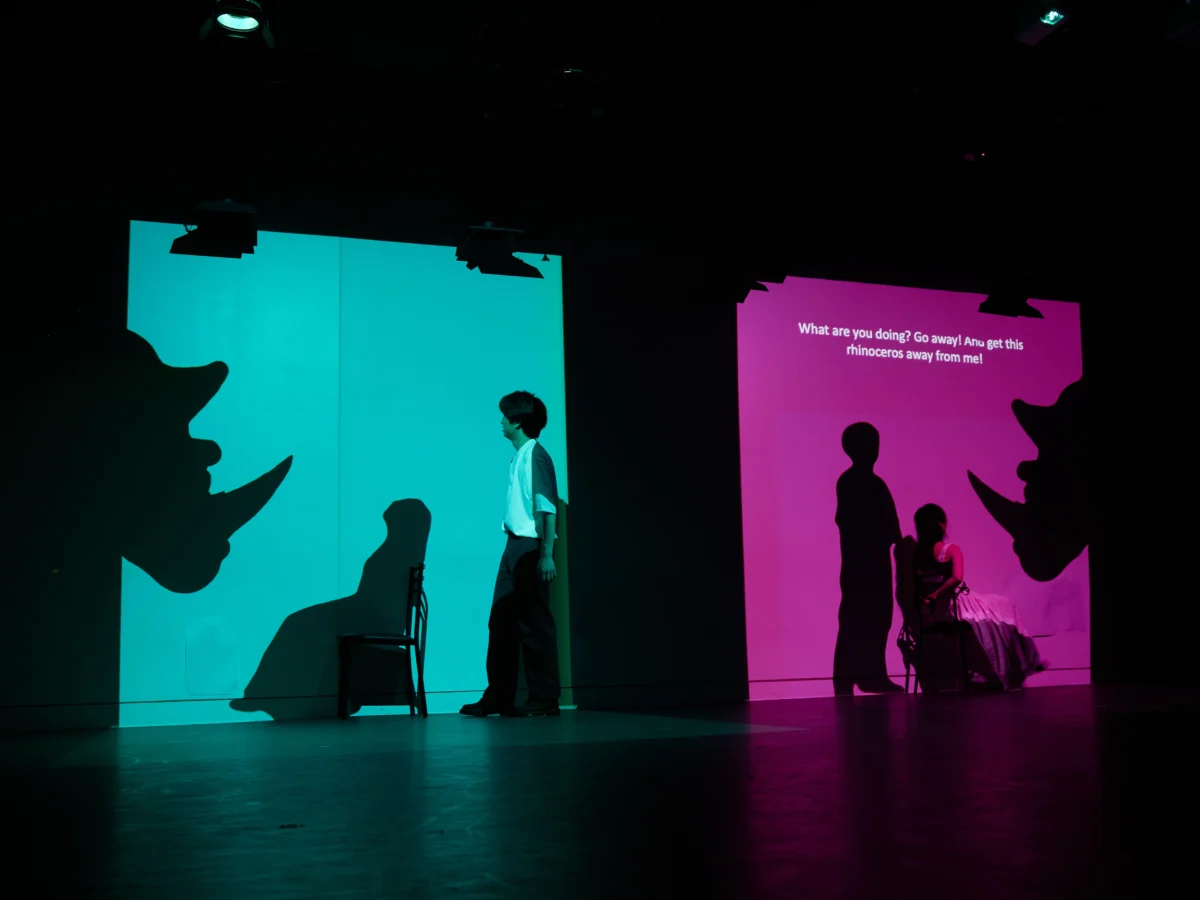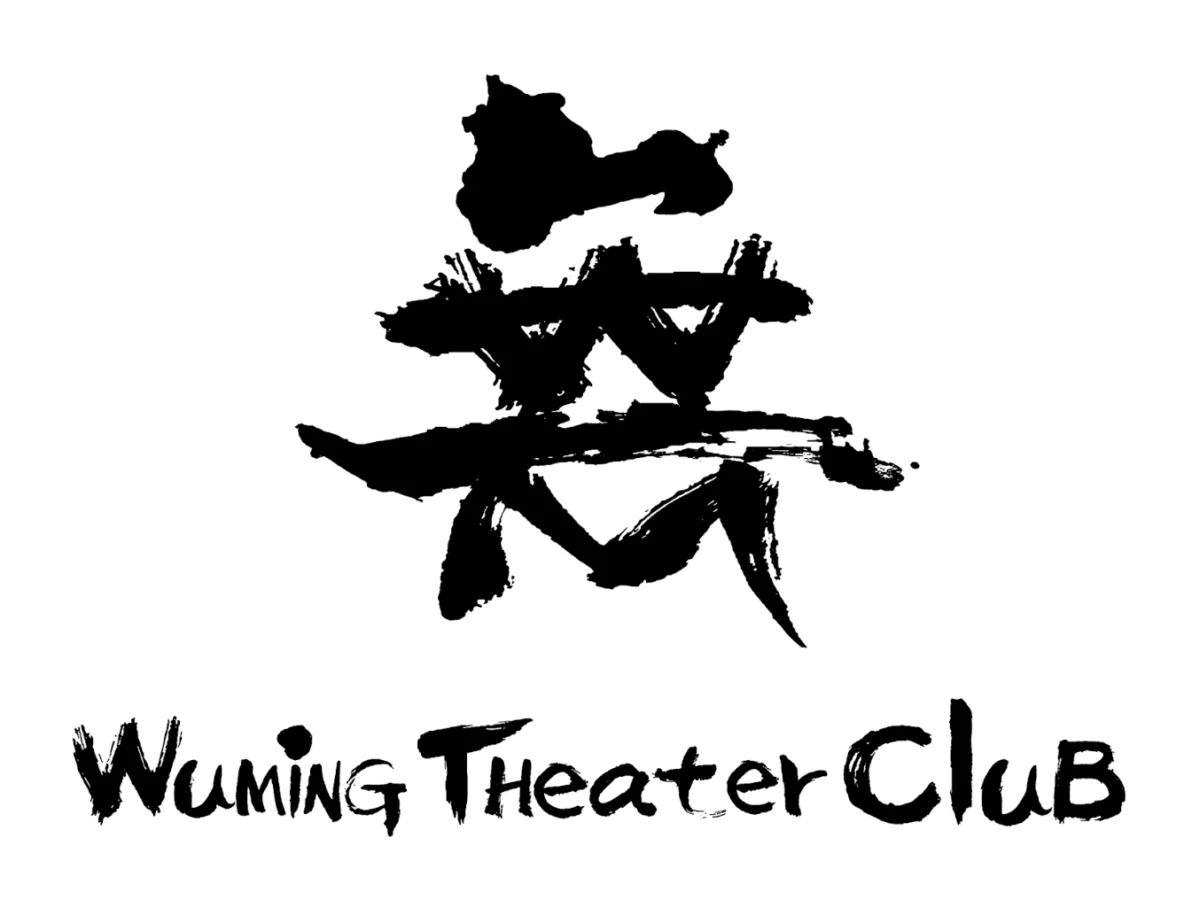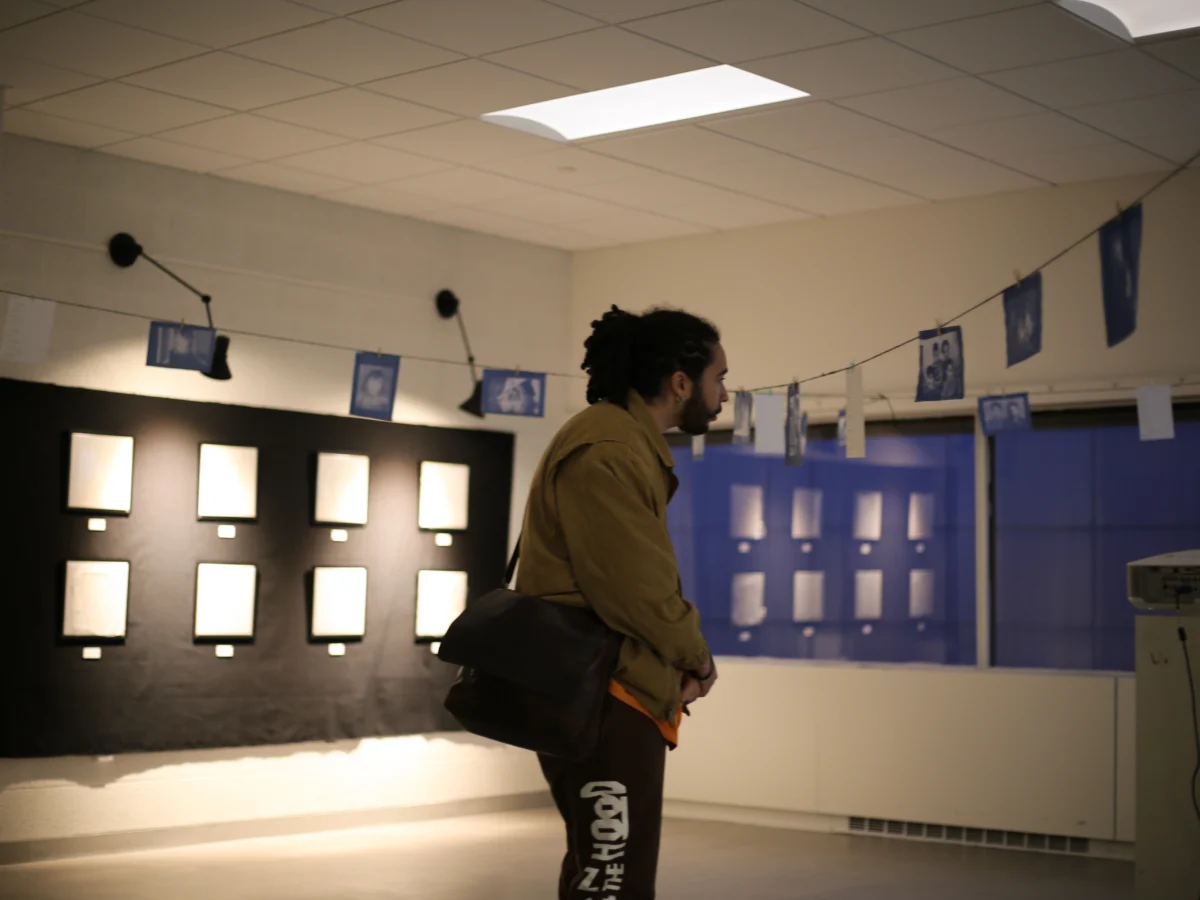Sophia Chen, Michael Peters, Wuming Theater Club, and Alan Zhu Take Home Prestigious 2024 Wiesner Awards
This week the Council for the Arts at MIT (CAMIT) publicly honored four students/groups for their arts-related contributions to campus with the 2024 Laya and Jerome B. Wiesner Student Art Awards. This year’s recipients were Sophia Chen ’24, Michael Peters PhD ’24 and Alan Zhu ’23 MEng ’24 as individual students, as well as the Wuming Theater Club as a student group. Established by CAMIT in 1979, the four awards each come with a $2,000 honorarium, and honor past MIT President Jerome B. Wiesner and Laya Wiesner for their commitment to the arts at MIT.
Sophia Chen Has Shown How “Design Is Everywhere”
Sophia Chen ’24 has made a formative mark on the MIT art and design spaces. From 2021 to 2023 she served as co-Editor-in-Chief of the fashion magazine Infinite, where she strove to improve transparency and foster a deeper sense of inclusivity. These efforts took the form of helping develop a two-part design critique model for submissions, as well as building community through regular socials and workshops.
An MIT Arts Scholar, Chen has also written for MIT’s literary magazine RUNE and advocated for sustainable fashion through Design for America. In April, she displayed her solo art exhibition “HAIRLOOM,” an exploration of identity and heritage as a question of culture, family history, and what she calls “inherited experience.”
Chen credits MIT for transforming its arts scene over the past few years, citing the growth of initiatives like the Morningside Academy of Design and the First-Year DesignPlus Community. “It’s been really rewarding to see things grow in terms of resources and opportunities for students interested in the arts or design. Design is everywhere, and intersects with everything.”

Michael Peters Has Shined Both Solo and in Ensemble Work
Name an MIT music group, and most likely Michael Peters PhD ’24 has been in it. He served as lead trombonist in both the Festival Jazz Ensemble and the Wind Ensemble, while also participating as a singer in the Vocal Jazz Ensemble (VJE) and a pianist and arranger for the Video Game Orchestra (VGO). Across these groups he has composed a number of inventive originals and learned nearly 100 pieces a year. “Michael is always pushing himself to learn the most complicated vocalese, arrange the most impossible songs, and elevate his own compositions and lyrics to the next level,” said Lecturer Laura Grill Jaye, director of the Vocal Jazz Ensemble.
VGO pianist Phoebe Lin ’24 describes him as a thoughtful, generous collaborator, fondly recalling the time that he met with her after rehearsal for a two-hour lesson on reading a specific type of sheet music. “Playing with him is an absolute joy,” Lin says. “Even though he shines in so many ways with so many different instruments and styles, he always makes sure others have the chance to shine, too.”
Colleagues describe him as humble, helpful, kind, and a mentor to many. “His desire to connect and build community is powerful and has been strongly felt across campus,” says Frederick Harris Jr., Director of the Wind and Festival Jazz Ensembles. “He shares his immense musical gifts without fanfare, and with humility, grace, and a pure and abiding love for the form.”
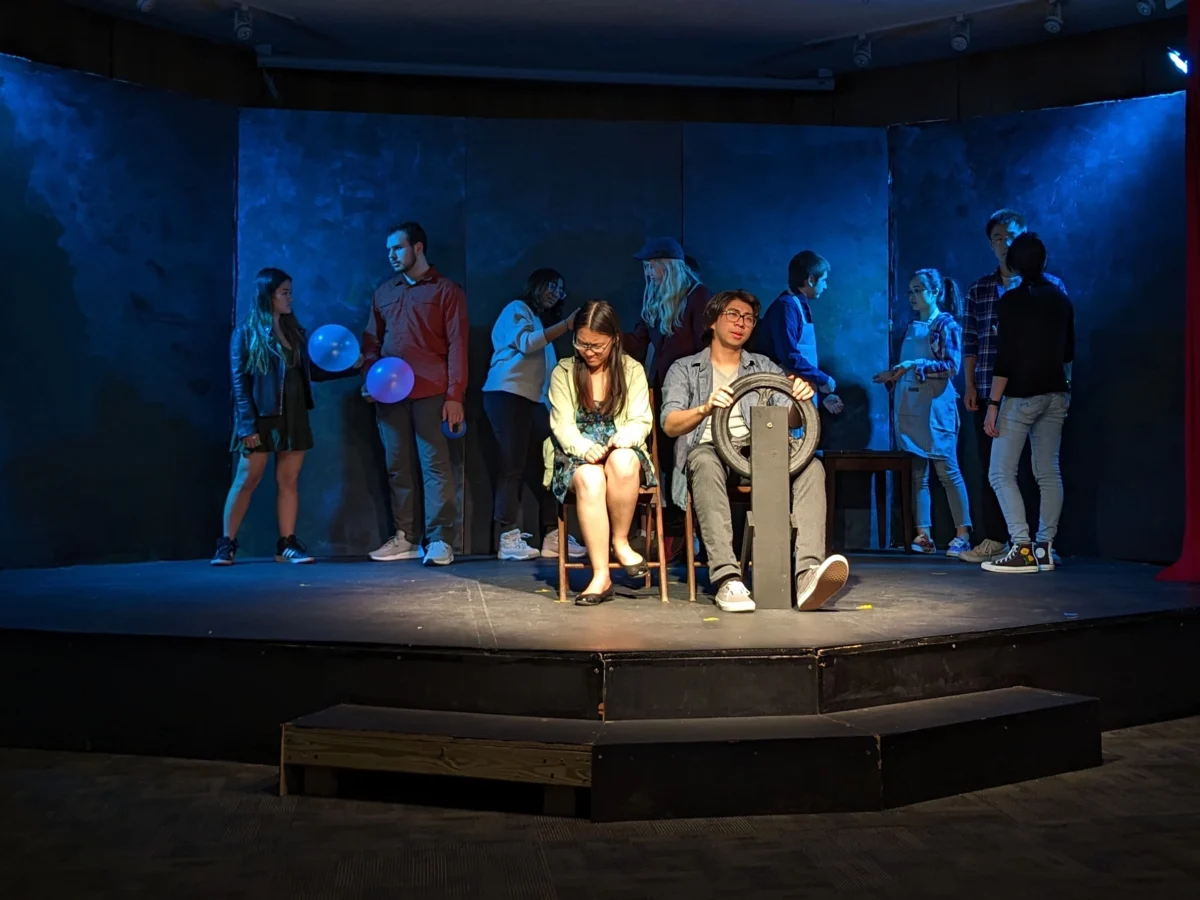
Multihyphenate Alan Zhu Brings Artistry to Music, Poetry & Playwriting
Alan Zhu ’23 MEng ’24 has brought their talents to multiple corners of the arts scene, from arranging and music directing for the Asymptones a cappella group, to being an acting and vocal director for the musical theater group Next Act, to playing violin and serving as orchestra director for the Musical Theatre Guild. Zhu also runs weekly poetry readings, writes plays as part of MIT Playwrights Lab, and has even logged more than 60 blog posts for MIT Admissions.
“They have a core capability that poets and writers require: they are observant,” said MIT professor Nick Montfort. “Alan has cultivated the ability to carefully observe, and to bring observations into the meditative play of language.”
Last year Next Act learned with roughly a month’s notice that they could not put on a play due to licensing issues, prompting Zhu to spend the next weekend writing an entire 60-page musical script from scratch that they staged just in time for Campus Preview Weekend. Co-director Christopher Wang recalls Zhu saying that they would do “anything” to make the show happen. “Those words stuck with me vividly as an attestation to Alan’s dedication, resilience, and leadership,” Wang said.
Wuming Theater Club Builds Bridges Between East and West
Founded in 2015, the Wuming Theater Club (WTC) has greatly expanded its presence on campus in providing an artistic community for Chinese, Chinese diaspora, and Chinese-American students from MIT and neighboring universities. WTC aims to present a diverse range of underrepresented voices of playwrights from China, Taiwan, and Hong Kong, as well as Western plays from which Asian actors are often excluded, like “The Vagina Monologues” and “Angels in America.”
Faculty advisor Claire Conceison credits WTC for performing plays remotely every semester in 2020 and 2021, with actors and crew participating from the US, China, and other locations amidst disruptive time-zone differences of up to 13 hours. Wuming resumed live productions in the fall of 2021 by holding an outdoor 24-hour theater festival at the Stata Center, and recently staged the popular Chinese play “Rhinoceros in Love” with video projections by Nina Yihong Li ’24, Wuming’s co-president with Jessica Lu ’24. WTC stages all of its productions in Chinese with English surtitles, making it MIT’s only student theater club that doesn’t perform in English.
“During this time of strained political relationships with China and heightened discrimination and violence against Asian Americans, WTC has provided a safe space, a warm community, and a family based in trust, mutual support, joy and laughter,” says Conceison. “[The group’s] tireless work, incredible humanity and good cheer…have galvanized the Chinese community in Greater Boston through love of theater.”
The four honorees were formally acknowledged at a special awards ceremony May 8 at the MIT Samberg Conference Center. The ceremony acknowledged past MIT President Wiesner, who, while perhaps known best for his work in the Radiation Laboratory and his advocacy for nuclear arms control, was fiercely passionate about promoting the arts as both a pastime and a vocation. In Wiesner’s 1994 MIT News obituary, former MIT Corporation Chairman Paul E. Gray said that the Institute “has benefited beyond acknowledgment…from his vision of the ways in which science and technology and the arts and humanities reinforce each other.”
Written by Adam Conner-Simons
Editorial direction by Leah Talatinian

